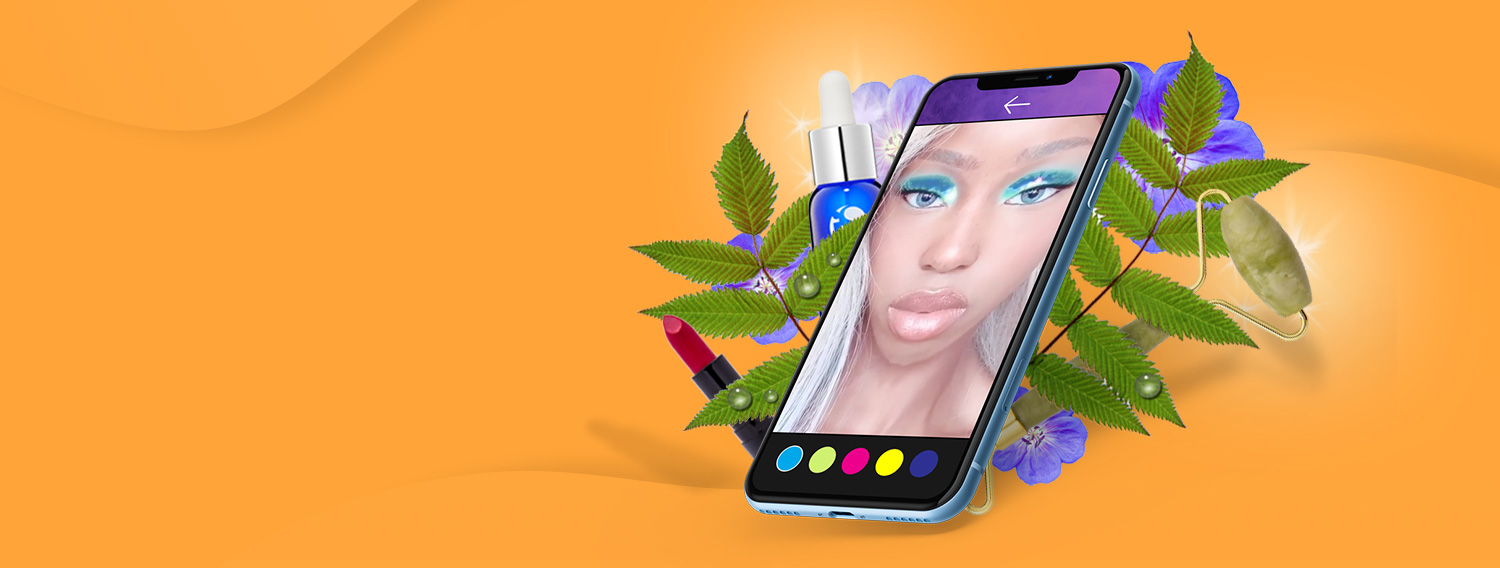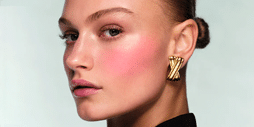In the post COVID-19 high street, brands and retailers need to pay equal attention to providing engaging experiences, as they do to keeping their customers safe. In this article we explore five retailers and brands adapting to the more tech-literate, experience-led consumer of today.
Charlotte Tilbury
Charlotte Tilbury is a brand tapping into the experiential desires of its followers. Its Westfield London boutique and Dubai Mall of Emirates locations are labelled as ‘Beauty Wonderlands’ and no wonder, when they are so luxuriously decorated, evoking a real sense of intimacy with the over-the-top boudoir-style dressing room complete with champagne bar. The brand has also taken a technological step forward, with virtual touchscreens (‘Magic Mirror’s’) to try on products without even opening a lid. A huge win for safety conscious shoppers. These mirrors allow shoppers to try on Tilbury’s signature looks, including the popular Goddess Glow and Dolce Vita. While many may have tried these on at home with Snapchat filters etc. being able to do so in-store reminds shoppers of a particular look and instils a desire to emulate through product purchase. A great way to tighten the path to purchase.
Boots
Boots, the drug store tycoon of high street beauty, is adapting to keep its 4.5 million weekly customers happy. YouTube studios are being set up in 25 stores so people can film videos of their makeovers to post on social media, while awkward, bulky counters will be swapped for open-plan spaces with sofas and new ‘trending zones’ with displays of the hottest products, from Korean beauty to vitamin C supplements.
Even the lighting has been changed from their rather clinical bright, hospital blue, to warmer, more inviting spotlights. “Brands need to tap into a customer’s emotional experience – it’s not about trying to make someone feel happy through a product anymore, it’s about the energy they feel in store” – explains Dr Chris Brauer, director of innovation at Goldsmiths University.
Fenty, Mac, Philosophy and Rodial at Harvey Nichols
Harvey Nichols, the icon that launched Mac and Fenty Beauty in the UK, is now offering educational Sunday School events with brands such as Philosophy and Rodial, incorporating yoga sessions, advice on launching a beauty business and talks on how you can cleanse both your skin and soul. An amazing step forward in experiential shopping. Moreover, Harvey Nichols is levelling-up its omni-channel offering. Marrying its digital and physical stores – whether it’s booking services online, ordering to a pick-up point in-store or utilising consumers online purchase history data to pull together personalised product suggestions – the department store giant is using digital to enhance the shopping experience. Keep an eye out on the exciting developments to come.
Clarins
Clarins has been online for a long time and is amongst the beauty brands who have been seeking ways to better communicate with consumers in a more digital way for years. A few of their digital triumphs which have helped customers both in-store and at home, include their approach of using mobile and CRM systems to help clients choose the most relevant products for them. An approach that Stéphane Girod, professor of strategy and organisational innovation at IMD Business School commends, stating that “hyper-personalisation is about superior CRM management and staff who really know their clients.”
The brand has also been one utilising AR try-on technologies which they have rolled out on their website and app. More recently the brand has also opened up online bookings for one-to-one consultations over video calls, so that their staff can demonstrate application techniques and show customers how products should be used – a technique which could also benefit those in-store and provide an additional experiential element to the shopping trip.
Ulta
The largest specialised beauty retailer in the US, Ulta has taken a hit from the coronavirus but seems set for a staunch recovery. It has diversified its offering and now offers physical experiences, like its in-store salon offering, which include hair, makeup, skin and eyebrow services. They have also strengthened their digital proposition with AR try-ons and ultra-convenience through omni-channel purchase and distribution methods, like curb-side pick-ups, apps and buy online pickup in-store services (BOPIS).
The most exciting thing Ulta is doing however, is leaning into the universal consumer desire for ingredient transparency and ethically produced clean beauty. They will be launching a ‘Made Without List’, indicating that a brand is free of parabens, phthalates and ingredients from some 25 chemical categories. Participating brands can be certified via ClearForMe, regarded as a leading independent ingredient authority, to ensure ingredient transparency. Ulta’s cruelty-free pillar includes a third-party certification from groups like PETA, Leaping Bunny and Choose Cruelty-Free. A real win for the conscious consumer looking for a seamless in-store experience.
Want more industry news? Click here to sign up for our weekly newsletter and receive the latest news in tech, innovation, design and retail right in your inbox.


